Justice for Ashifa
April 23rd, 2018 by Becky Stanley | | Posted in Love One More

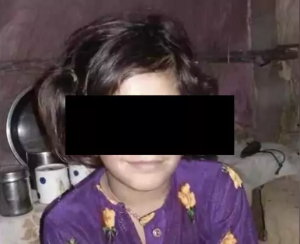 The news of a little 8-year old child, Ashifa kidnapped, drugged, gang-raped and brutally murdered only goes to prove that children, and particularly girls in India, are at risk more than ever. Copies of the charge sheet released to the media describe one of the horrific and barbaric acts of violence inflicted upon a child. Ashifa belonged to a Muslim family of a nomadic tribe in Kashmir, in the northern part of India. Her family came to live in the small town, 30 miles from Kashmir populated mostly by Hindus. She lived with her family in a small one room house. She was out to graze her horses in the nearby forest when she was kidnapped. The perpetrators, all Hindus and men with position in the government and law enforcement, have garnered support from radical Hindu outfits in the name of nationalism.
The news of a little 8-year old child, Ashifa kidnapped, drugged, gang-raped and brutally murdered only goes to prove that children, and particularly girls in India, are at risk more than ever. Copies of the charge sheet released to the media describe one of the horrific and barbaric acts of violence inflicted upon a child. Ashifa belonged to a Muslim family of a nomadic tribe in Kashmir, in the northern part of India. Her family came to live in the small town, 30 miles from Kashmir populated mostly by Hindus. She lived with her family in a small one room house. She was out to graze her horses in the nearby forest when she was kidnapped. The perpetrators, all Hindus and men with position in the government and law enforcement, have garnered support from radical Hindu outfits in the name of nationalism.
Reactions to this gut-wrenching incident have varied from anger, to protests, to signature campaigns demanding justice for the little girl. When I read the news, I cried, I was infuriated, I joined the campaign, signed the petition, posted on social media, but continued to wonder about the future of children in India. Yes, we are advancing economically and making strides in education and technology but somehow, the weft and warp of our social differences are no longer weaving beautiful patterns of our rich heritage. The social fabric is now threadbare. These continuing hashtags: #justicefornirbaya, #justiceforjisha, #justiceforswathi, and now #justiceforashifa, only bespeak a sad story of ‘unanchored lostness’. And somehow, deep in my heart, I know this story is not about to have a fairy tale ending anytime soon. Ashifa is not and will not be the last of the victims as violence against women and children is only on the increase.
Why? First, the politically fueled influence of rising nationalist sentiment. For pluralistic India, nationalist sentiments, in the past, have been fueled by secularism. Secularism for India is not the absence of religious influence, but the inclusion of all religions for a shared humanity. Therefore, it is simply not a constitutional benchmark, but a lifeline and a hallmark for the peaceful existence and preservation for posterity. Unfortunately, secularism no longer fuels nationalism and the tangible repercussions are evident on minority ‘others.’ Nationalist fervor and communal sentiments are deliberately misdirected to breed aggression and dissent. Religious intolerance and fundamentalism in India, therefore, is at an all time high. And, as in all hostile situations, caught in the cross fire are the poor, the women and children, the Dalits and Tribals. Rape, murder, oppression and exploitation are employed as psychological and tactical weapons of this so-called ‘nationalist war’ to subjugate and annihilate the ‘minorities’.
Secondly, the ethics that a culture and society subscribes to has tremendous bearing on the social fabric of a nation. The changing values and morals that society today finds desirable and appropriate are hard to fathom. Perceptions of just black or white have turned to 100 or more shades of grey. I don’t believe we can simply dismiss this situation with our usual reductionist thinking of attributing it to culture, or political games and just another cry for justice. There is cause for concern whether we as a nation, though diverse, have a sense of shared morality. As lines blur and we experience shifts on the basic tenets of morality; truth, honesty, fairness, respect, etc, it remains to be seen how the nation evolves in its ethical consciousness and its impact on how we organize and govern ourselves as a citizenry!
Finally, I believe, India lives for today! It’s obvious in the way we plan our infra-structure, the nations’ Five Year plans, our education system, and even our access and use of technology. While other parts of the world are in some ways presently living in the future, India is still playing catch up and may always do so. There is an enormous lag when it comes to envisioning and futures thinking. On the other hand, as a culture, we tend to orient ourselves to the past. Such a lag, impacts our social dynamics, particularly in the way we view our women and children and their development as central to India’s future.
There is a beautiful proverb that says, “Where there is no vision, the people perish.” In an increasingly complex and heterogeneous world, we need to find ways to come together to recover the human agency, and help create the world in which we wish to live together. We need to strive better to open safe spaces for people from different sides to envision a shared future. With new insights into interrelated realities of the ‘big corporates’ and ‘daily wagers’ we can reorient to disrupt past trajectories and create alternatives. But until we do so…until we envision and find innovative means to create a shared future, our children, women, and the vast majority of the marginalized will continue to live disadvantaged.
There is an ever-growing ‘big divide’ between the have and the have – nots. Wealth is wielded as power to control and oppress. The media is biased and self serving. The few who dare to question have become fewer. And the ‘self’ revels in apathy without ‘the community’ in the name of progress! Of course, it is not all negative and it would be unfair to discredit the milestones achieved thus far. It is commendable how the nation has come together to speak out against this heinous crime. But tragedies alone must not be our only reason to unite and we must break that pattern.
In conclusion, it is fair to say that the largest democracy in the world, unfortunately, is in a conundrum with its past, present and its future. However, in the final analysis, it is obvious that the resulting chaos and instability lend to a dysfunctional democracy; a dysfunctional democracy that disenfranchises those in the margins and tears the social fabric. For India to have any semblance of a functional democracy, we the people, have to participate responsibly, make informed choices, and exercise our franchise to vote to build a shared humanity, subscribe to a shared morality, and envision a shared future. Until then, violence, rape, corruption, disunity, isolation, and apathy will be the norm. Until then children like Ashifa, women and girls will continue to pay the price and #justicefor hashtags will trend.
To read the article on the Case of Ashifa, click here.
Ways you can help
-
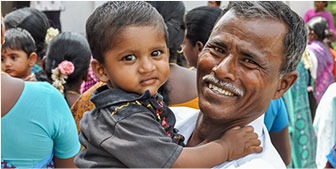
Sponsor a Child
-
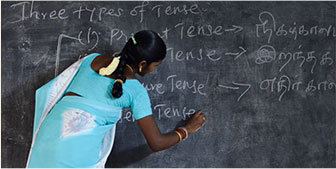
Write To Child
-
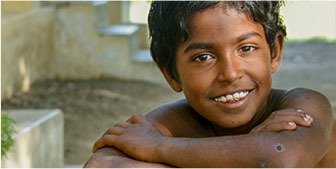
Special Gift To Child
-
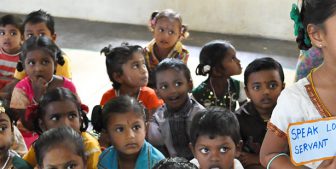
Unsponsored Children
Ways you can help
-

Sponsor A Nurse
-
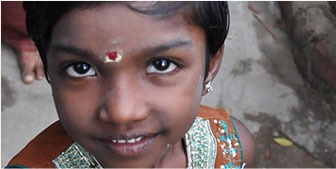
Surgeries
-
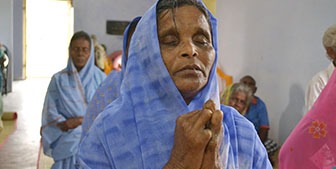
Leprosy Care
-

Medical Camps
Ways you can help
-
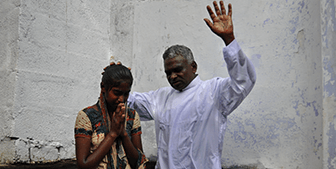
Pastor Sponsorship
-
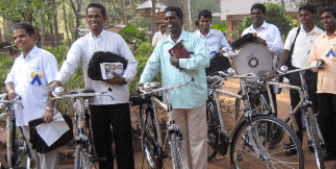
Bicycle
-

Discipleship Material
-

Bible Student Sponsorship
Ways you can help
-
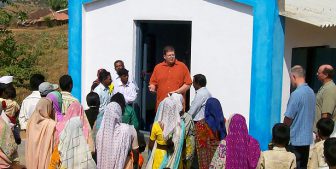
Micro-Loans
-

Housing For Leprosy Victim
-

Clean Water
-
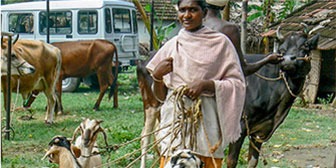
Nutritious Meals
Ways you can help
-

Order CGC Kits
-
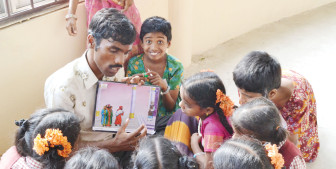
Send a Child to a CGC
Ways you can help
-
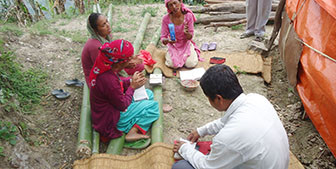
Pastor and Family
-
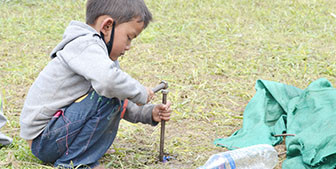
Child Care
-
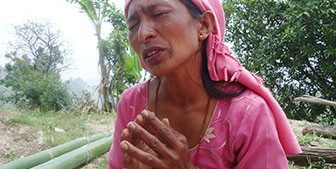
Grief Counseling and Prayer Gathering
-
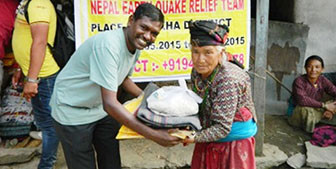
Care Package
Ways you can help
-
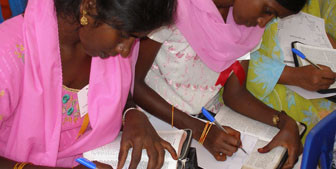
Bible Student Sponsorship
-
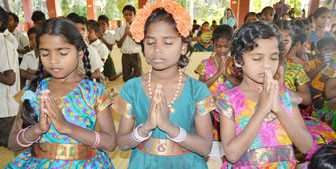
Sign up for eNews
-
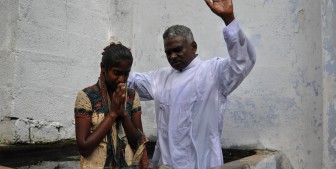
Barefoot Pastor Sponsorship
-

Send a Child to a CGC
Ways you can help
-
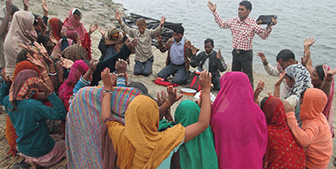
Order Copies
-

Pastor Sponsorship
-
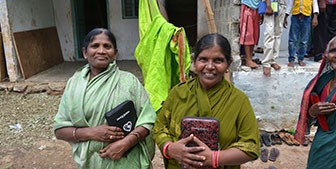
Training Material
-

Equip Pastors